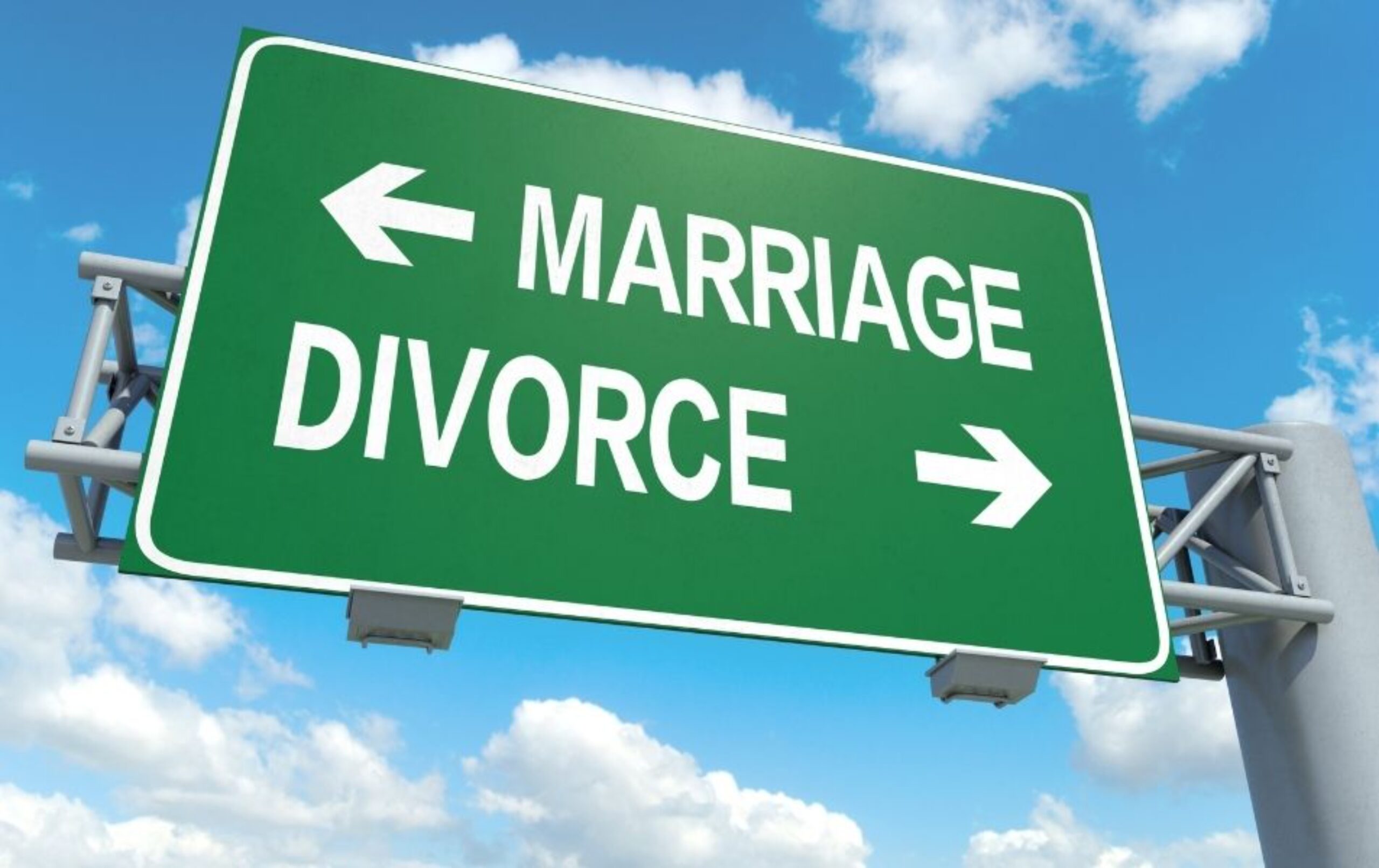When a couple separates, the law requires honesty and openness when dealing with money, property, and debts. This honesty is called full and frank disclosure.
It means that both people must share all their financial details before reaching a property settlement or going to court. Without full and frank disclosure, it is difficult for the court or the other party to understand the true financial picture.
This rule exists to make the process fair for both sides.
What Does Full and Frank Disclosure Mean in Australian Divorce Law?
Full and frank disclosure means each spouse must share everything about their financial position. This includes assets, debts, income, and even interests in companies or trusts.
The court expects that nothing is hidden. Even if something seems small or unimportant, it should still be disclosed.
In Australian divorce law, full and frank disclosure helps make sure both people understand what is available to divide. The process is not about winning or losing. It is about fairness and making decisions based on accurate information.
Why Is Full and Frank Disclosure Required During Divorce Proceedings?
The main reason for requiring full and frank disclosure is to keep the divorce process fair. If one spouse hides assets or lies about debts, the court cannot make a just and reasonable decision. This rule protects both parties.
When both people give full and frank disclosure, they can reach agreements with confidence. It also saves time and avoids unnecessary disputes.
Judges place great weight on honesty, and providing truthful information shows respect for the legal process.
What Information Must Be Shared to Meet Full and Frank Disclosure Rules?
The law requires that all financial information be shared. This includes:
- Bank account statements
- Mortgage and loan documents
- Superannuation balances
- Pay slips and tax returns
- Details of investments, shares, or property
- Records of businesses, partnerships, or trusts
When giving full and frank disclosure, even assets held jointly with others must be declared. If a spouse recently sold property, those records must also be included. The aim is to give a complete picture of financial standing.
What Happens If a Spouse Fails to Provide Full and Frank Disclosure?
Failing to provide full and frank disclosure can cause serious problems. The court may delay the case until the missing details are supplied. In some situations, orders made without proper disclosure can later be changed or overturned.
If a judge believes someone has been dishonest, penalties may be applied. This could include paying the other person’s legal costs.
The court also takes dishonesty into account when deciding property settlements. Hiding assets or debts can harm credibility and lead to a less favourable outcome.
How Can a Family Lawyer Help With Full and Frank Disclosure in Divorce?
A family lawyer can explain what needs to be shared and help gather the right documents. They ensure that full and frank disclosure is complete and clear. This reduces the risk of delays and avoids accidental mistakes.
Lawyers also check whether the other spouse has provided proper disclosure. If something is missing or unclear, a lawyer can request further documents.
By having a lawyer guide the process, spouses can focus on resolving issues instead of worrying about paperwork.
A Clear Path Toward Fairness
Full and frank disclosure is not only a legal rule but also a way to build trust during a difficult time. When both spouses are open about their finances, it allows for fair decisions and reduces conflict.
Openness creates the foundation for settlements that reflect the true situation of both parties.
Ready to Protect Your Future?
Are you uncertain about whether your spouse has given a full and frank disclosure in your divorce?
At Collective Family Law Group, our experienced team can assist you in understanding what disclosure means and why it matters for your property settlement.
We can also help you ensure that the other side provides the right documents so the process is fair. Contact us today to arrange a confidential consultation and get clear guidance tailored to your circumstances.





